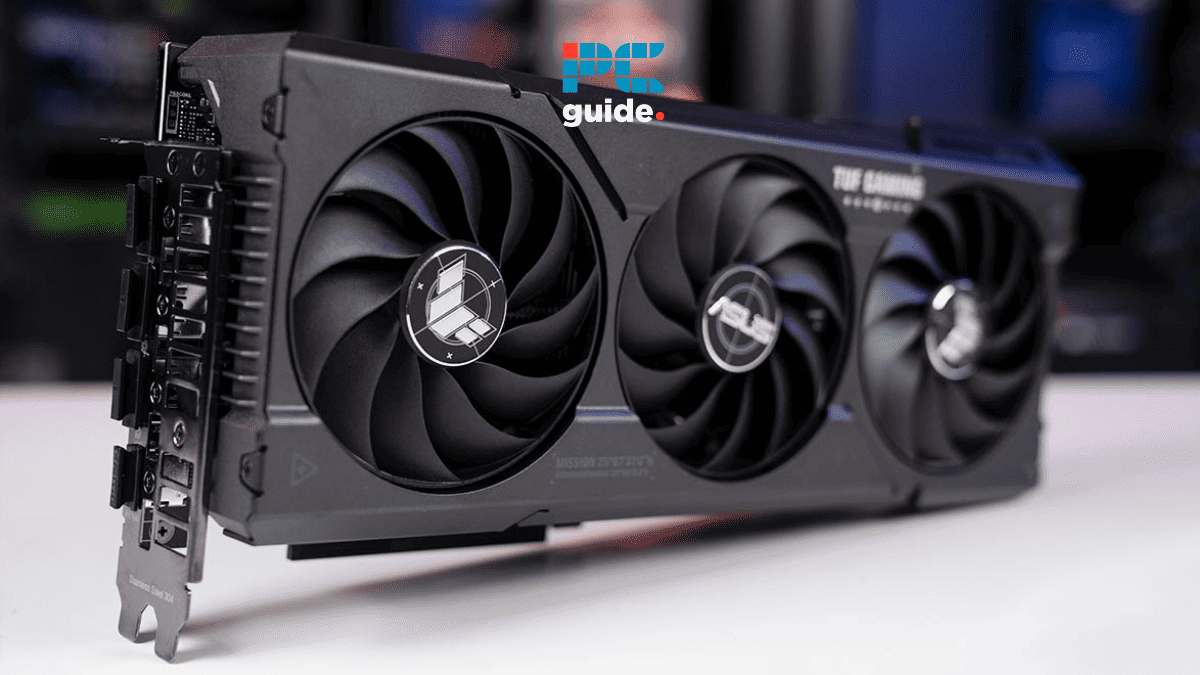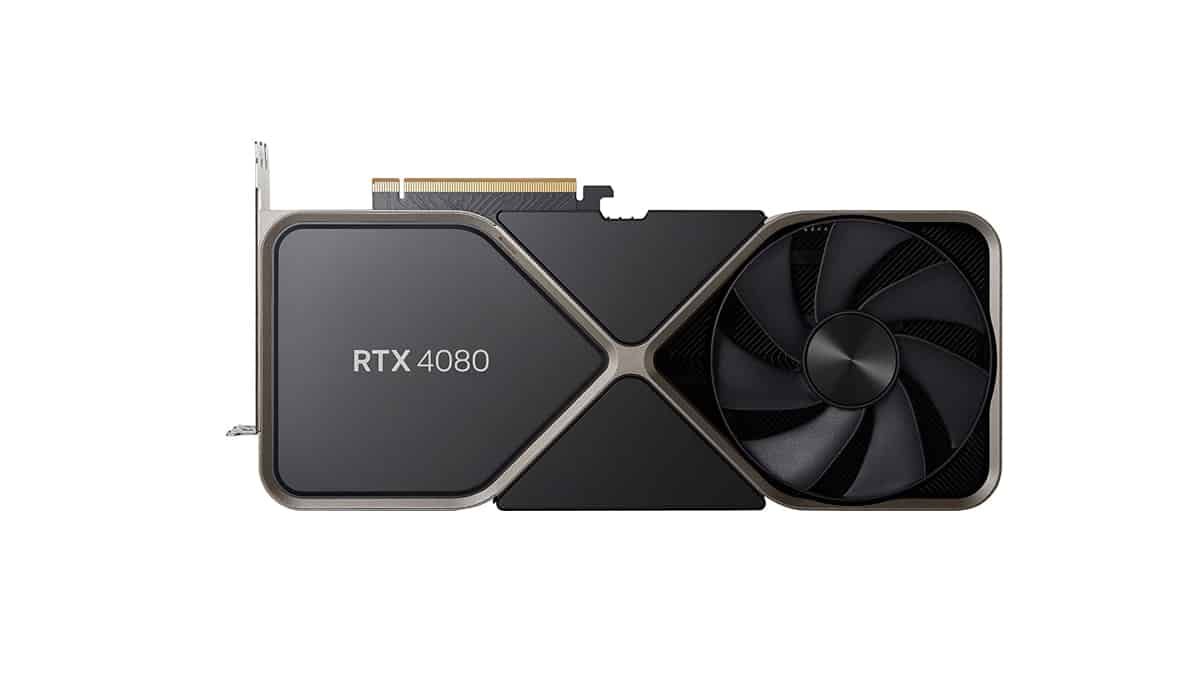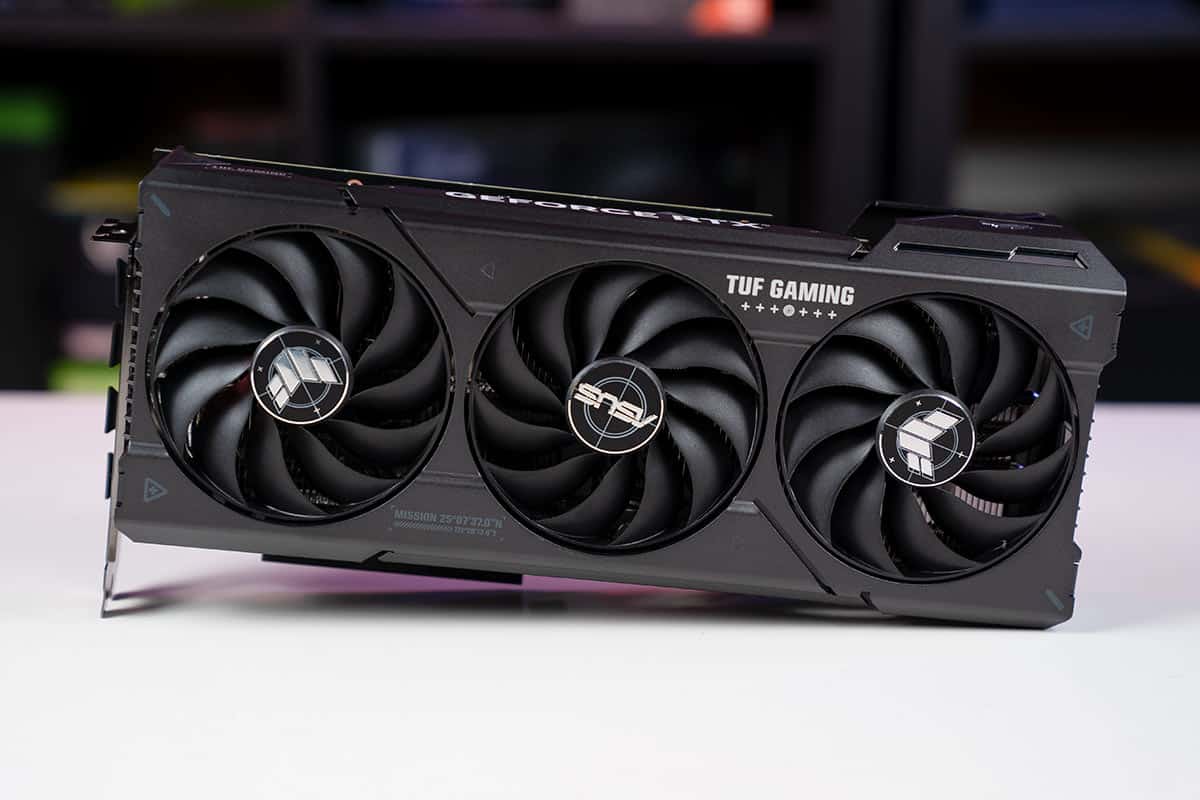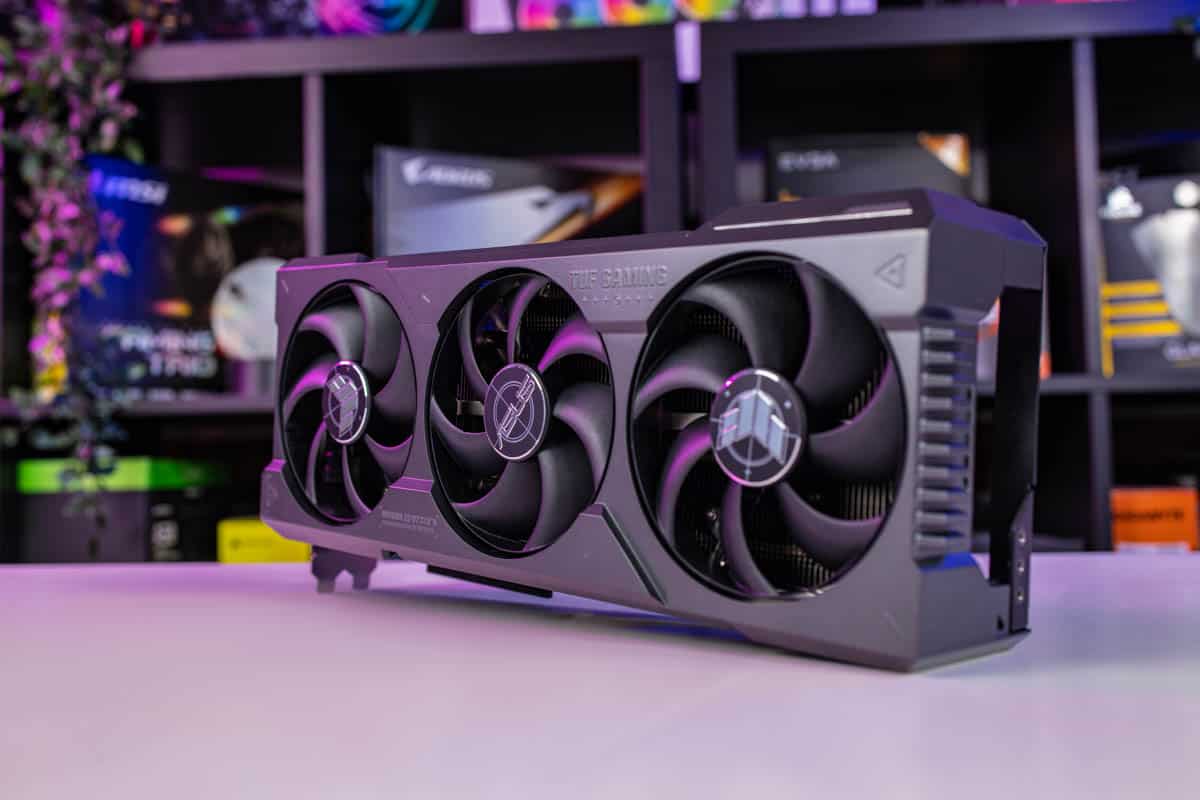RTX 4060 Ti vs RTX 4080 – Nvidia graphics cards with different purposes

Table of Contents
Quick answer
The RTX 4080 beats the RTX 4060 Ti in practically everything asides from price, with the 4080 coming in at around three times as expensive at the 4060 Ti.
The main differences can be found in their cores, RAM, and memory interface, however they have surprisingly similar boost clocks.
For gaming, the RTX 4080 does well with 1440p and 4K, at higher fps. The 4060 Ti can do above 60 fps with some titles, but not all, making it preferable for lower resolution gaming.
This article will delve into a detailed comparison of the RTX 4060 Ti vs RTX 4080, analyzing their potential strengths, weaknesses, and overall performance capabilities. With both cards’ specifications for everyone to see, we pit the two cards against each other in every respect, to see which is the right pick for you. So let’s get started.
Firstly, we’ve had hands-on experience with both cards, testing them across several benchmarks. You can check out our detailed verdicts in our 4060 Ti review and our RTX 4080 review. Of course, there’s now also the RTX 4080 Super, which arrived at the same original MSRP as the 4080, but which has also driven the price of the older card down.
But you’re probably here because you’re either thinking about upgrading from a 4060 Ti to a higher-power or Super option, or you’re still on the 3rd Generation (Ampere) architecture and are finally making the jump to the newer Ada Lovelace-based GPUs. Either way, let’s kick off.
RTX 4060 Ti vs RTX 4080: Specs Comparison
Both the RTX 4060 Ti and RTX 4080 leverage Nvidia’s Ada Lovelace architecture and its efficient 5nm process node. But let’s delve deeper to see how the specs stack up:
Transistors and processing power
The RTX 4080 has almost double the transistor count of the RTX 4060 Ti (45.2m vs 22.9m). In the world of CPUs and GPUs, more transistors typically translate to more raw processing power, especially when all other factors are equal. This means the RTX 4080 is a comparative beast for computationally heavy tasks like video editing, 3D rendering, and high-resolution gaming.
RTX 4060 Ti vs RTX 4080: Gaming Performance
In the real world, this makes the 4080 the sensible choice for those wanting a high-performing all-rounder, rather than a GPU just for gaming. In our testing, the 4080 was able to average 121fps in 1440p and 51fps in 4K natively in Cyberpunk 2077. Elsewhere, both Assassin's Creed Mirage and Avatar: Frontiers of Pandora achieved 115fps and 101fps as average in 1440p and 82fps avg. apiece in 4K respectively. We concluded the 4080 is ‘an undeniable powerhouse for 4K gaming, especially when utilizing DLSS for more frames….eclipsing the likes of the RX 7900 XT and RX 7900 XTX’.
The 4060 Ti, on the other hand, is no slouch either but is not the choice for those wanting 4K at +60FPS. In a variety of our tests, the card only managed above 60 FPS in Counter Strike 2 and achieved a very low 21 FPS in Cyberpunk at Very High / Ultra settings with no DLSS (AI upscaling).
RTX 4060 Ti vs RTX 4080: specs breakdown
| Specs | RTX 4060 Ti | RTX 4080 |
|---|---|---|
| Architecture | AD106 | AD103 |
| Cores | 4352 | 9728 |
| Texture Units | 160 | 304 |
| RT Cores | 32 | 76 |
| Base Clock | 2310 MHz | 2205 MHz |
| Boost Clock | 2535 MHz | 2505 MHz |
| Memory | 8 GB GDDR6 | 16 GB GDDR6X |
| Memory Interface | 128-bit | 256-bit |
| TDP | 160W | 320W |
| Price | $399 8GB / $499 16GB | $1,199 |
Looking at pure numbers in our table the gaming results we see are unsurprising. While the 4060 Ti stands out with its boost clock speed of 2535 MHz, surpassing the RTX 4080’s 2505 MHz, there’s a huge performance discrepancy. The RTX 4080 is far superior, boasting 9728 CUDA cores compared to the 4060 Ti’s 4352. This means the 4080 provides substantially greater raw processing power, essential for heavy-duty tasks and higher-resolution gaming.
Then, in terms of VRAM, the RTX 4080 also takes the lead, providing 16 GB of GDDR6X memory, while the RTX 4060 Ti comes in 8 GB and 16GB of GDDR6 memory – not the GDDRX6 standard. The 4080’s larger and faster memory bandwidth translates to better performance when handling larger data sets and more demanding tasks.
So the RTX 4080 clearly outperforms the 4060 Ti in gaming, performance, CUDA cores, and memory, making it a superior choice for high-intensity applications. However, the 4060 Ti’s lower TDP and competitive clock speed make it a compelling choice for users seeking efficient and cost-effective performance, or gaming capabilities on a budget.
RTX 4060 Ti vs RTX 4080: Price
The price difference between the RTX 4060 Ti and the RTX 4080 is substantial, reflecting their different target audiences and use cases. The RTX 4060 Ti is priced around $400, which is significantly less than the RTX 4080’s MSRP of $1,199.
This wide gap in pricing makes sense, as the 4080’s higher computational power is geared towards enthusiasts and professional use cases, including high-end gaming, content creation, and streaming, while the 4060 Ti is for more casual gamers and budget enthusiasts. Therefore, if you’re a casual gamer or on a budget, the RTX 4060 Ti could be a more attractive option, offering good performance at a more affordable price point.
But as always, prices don’t stay the same, especially as we get further away from the initial release. To get an idea of what these two cards are going for and if they ever drop down in price, we’ll take two GPUs and use camelcamelcamel (a well-known price-tracking tool) to see if we can uncover any more insight that can help you make a decision.
For this, we’ve looked at the ASUS TUF Gaming GeForce RTX 4080 OC Edition, but the 4080 is harder to find since being superseded by the 4080 Super. We’ll also look at the PNY GeForce RTX™ 4060 Ti 8GB, and we’ll be checking their prices on Amazon.
The RTX 4080 being harder to find than the RTX 4080 Super makes sense as it’s been replaced in Nvidia’s lineup. If you do find one on Amazon it’ll more than likely be through a third-party seller and from what we’ve seen you’re actually looking at more than the RTX 4080 Super to pick one up.

As you can see above, the RTX 4080 price has fluctuated since release but always stays above the $1,000 mark – sometimes by a wider margin. In terms of value, picking up an RTX 4080 Super, which can be found for much closer to its MSRP of $999, is the better choice if you were looking to pick one up.

For the PNY GeForce RTX™ 4060 Ti 8GB, its price appears to have dropped quite substantially in price from March 2024. However, this may well be due to Spring Sales that occur around that time. If that is the case, other major sales events such as Black Friday and Cyber Monday may be the perfect chance to score one for less. Nonetheless it’s clearly far more affordable than the 4080.
RTX 4060 Ti vs RTX 4080: Final Thoughts
To wrap things up, the RTX 4060 Ti, based on our own testing, is a strong contender in the entry to the mid-range GPU market. It promises a substantial boost in performance over its predecessors, with a focus on 1080p and 1440p gaming. The addition of DLSS 3.0, ray tracing, and a new-gen architecture further enhances its potential. However, if raw power and top-tier performance, especially in 4K resolutions, are what you’re after, then the RTX 4080 remains an unrivalled choice.
Is the RTX 4060 Ti better than the RTX 4080?
No, in terms of performance, capability, and processing power the RTX 4060 Ti is not better than the RTX 4080. However, if you are looking for an affordable gaming card or an upgrade for an older gen XX60 or XX70 series card from Nvidia, then it makes a compelling case. Ultimately, it only wins based on price.




